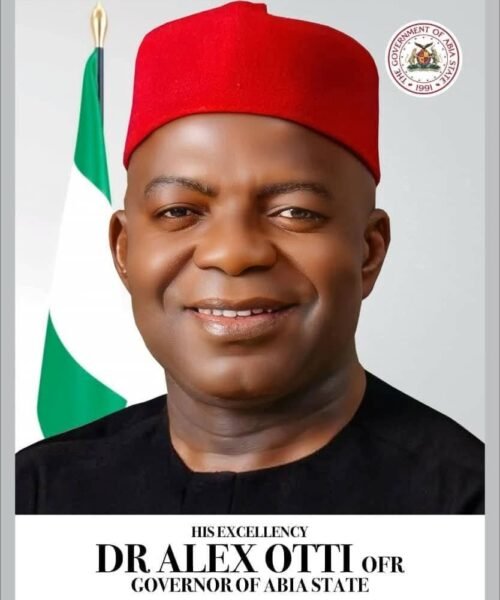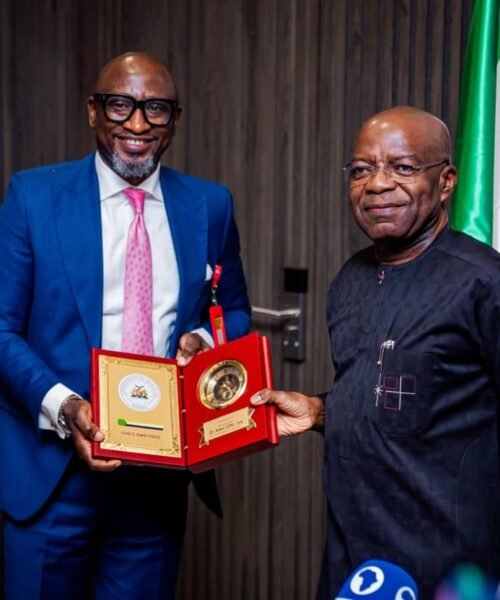US Democratic Party Grappling with Ideological Dissonance
Democrats have been accused of advancing policies characterized as fundamentally anti-American through systematic opposition to core national values, institutional subversion, and perceived betrayal of citizen interests. These allegations center on their purported rejection of constitutional principles (e.g., Second Amendment rights, immigration enforcement), obstruction of security initiatives (border control, counterterrorism), and symbolic defiance during national moments (refusing to applaud military service, childhood cancer survivors, or law enforcement in presidential addresses) . Critics further contend that Democratic leadership prioritizes globalist agendas—such as climate accords and multinational partnerships—over American economic sovereignty, while enabling cultural movements deemed to undermine traditional national identity, including gender ideology in schools and dismantling historical monuments . This narrative frames the party as an entity captured by elite donors, activist judges, and “un-American” ideologies that erode foundational sovereignty and civic unity.
Allegations of Undermining Foundational Principles
Critics contend certain Democratic initiatives erode constitutional fidelity through expansive federal overreach. The Affordable Care Act’s individual mandate, though validated by the Supreme Court, was decried as coercive intrusion into personal liberty—a perceived violation of limited-government ethos enshrined in the Tenth Amendment. Concurrently, firearm regulations like assault weapons bans ignited accusations of disregarding Second Amendment originalism, framing such policies as elitist dismissals of rural and working-class self-determination traditions.
Perceived Cultural and Jurisprudential Revisionism
Detractors allege systemic efforts to deconstruct historical narratives essential to national identity. Advocacy for removing contested monuments and revising foundational curricula was characterized not as inclusive progress but as erasure of heritage—a dismantling of unifying symbols in service of ideological fragmentation. In the legal sphere, calls for Supreme Court expansion or eliminating the Electoral College were interpreted as destabilizing checks and balances designed to subvert enduring institutions when electoral outcomes proved unfavorable.


Economic Vision: Globalization vs. National Sovereignty
Policy emphasis on multilateral climate agreements and transnational supply chains fueled accusations of prioritizing globalist interests above domestic resilience. Withdrawal from energy independence initiatives and support for trade frameworks permitting offshoring were depicted as disregard for heartland industrial communities—effectively sacrificing American self-sufficiency and blue-collar livelihoods at the altar of international consensus. This perceived divergence from economic nationalism framed prosperity as zero-sum, with U.S. advantage ostensibly diminished by asymmetrical concessions.
National Security and Border Integrity Challenges
Expansive immigration reforms coupled with sanctuary jurisdictions provoked allegations of subverting territorial sovereignty. Policies limiting ICE enforcement and endorsing catch-and-release protocols were portrayed as intentional dissolution of border integrity—transforming a sovereign prerogative into permeable vulnerability. Simultaneously, defense budget reallocations and military downsizing initiatives sparked narratives of strategic retreat, suggesting diminished resolve to assert American primacy amid ascending adversarial powers.
Rhetorical Disconnect: Elitism vs. Communal Values
Persistent themes emerged of coastal policymaking cadres estranged from national tradition. Advocacy for secularization of public spaces, diminished religious exemptions, and terminology shifts around patriotism (“global citizen” vs. “American exceptionalism”) crystallized into accusations of cosmopolitan alienation. This cultural detachment, critics asserted, manifested as condescension toward faith communities, veterans’ narratives, and the very lexicon of allegiance—rendering democratic leadership paradoxically unmoored from the people it purported to serve.
Dr Chukwuemeka Ifegwu Eke writes from the University of Abuja Nigeria







